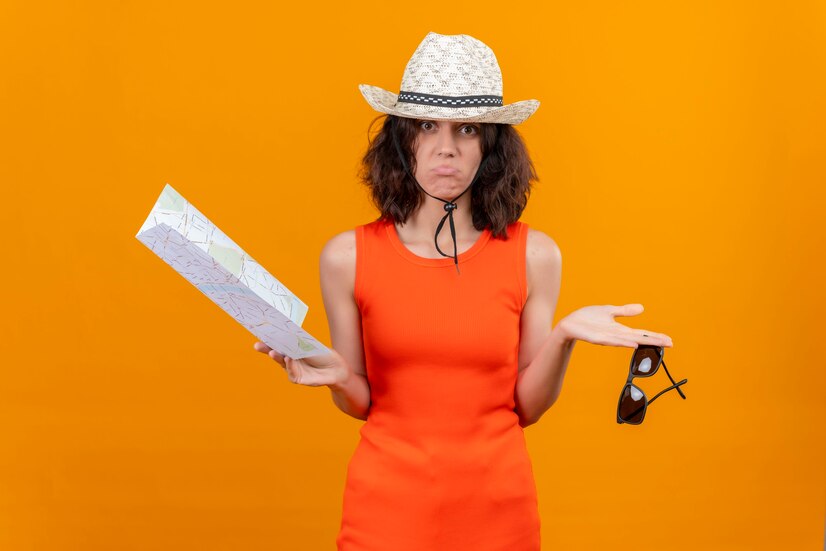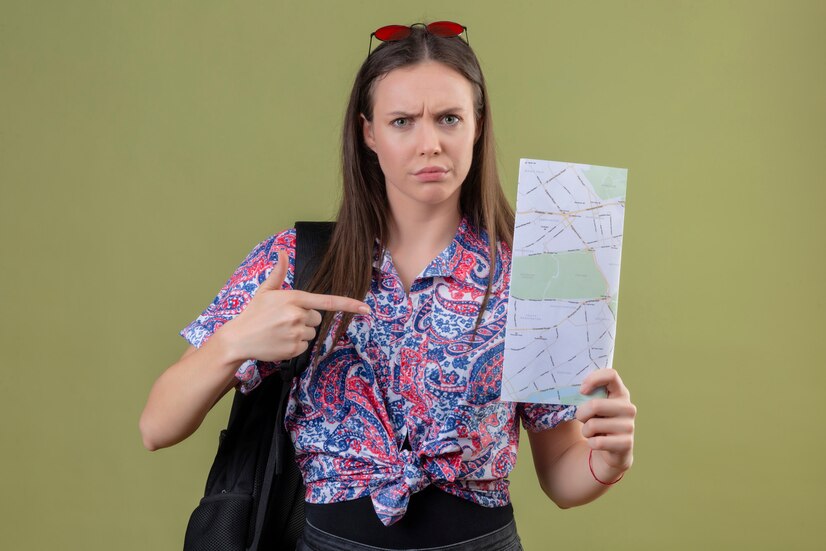Table of contents
In recent years, CBD has become a staple in many people’s wellness routines. Whether you’re using it to relieve anxiety, aid sleep, manage pain, or support general well-being, it’s no surprise that you might want to bring CBD products along when you travel. But here’s the catch: CBD laws before you travel can vary dramatically depending on your destination—both within your country and abroad.
Failing to check local regulations could result in anything from confiscation to fines, or even legal trouble. In this guide, we’ll walk you through the essentials of researching CBD laws before you travel, what to look for, and how to stay safe and compliant on the road.
Why You Need to Research CBD Laws Before You Travel

Even though CBD is federally legal in many countries, that doesn’t mean it’s legal everywhere—or that every form of CBD is allowed. In some places, hemp-derived CBD is permitted but THC is strictly prohibited. In others, any cannabis product is considered illegal, regardless of its THC content.
Key Risks of Not Researching CBD Laws Before You Travel:
- Confiscation of your products at customs or security
- Fines or penalties for possession
- Denied entry or deportation (in international cases)
- Unexpected legal charges
To avoid these complications, it’s essential to understand CBD laws before you travel and plan accordingly.
Domestic vs. International CBD Travel Laws
Traveling Within the U.S.
In the United States, CBD derived from hemp with less than 0.3% THC is legal at the federal level. However, some states have their own restrictions, particularly on food and beverage products or smokable forms of CBD.
What to research:
- Does your destination allow CBD edibles or tinctures?
- Can you fly with CBD through TSA?
- Are there restrictions on CBD topicals?
Traveling Internationally
International CBD laws can be far stricter. Some countries permit CBD only with a prescription. Others ban it altogether, including products with zero THC.
Common red-flag countries:
- Singapore, UAE, and Japan have zero-tolerance policies.
- Germany and the UK allow CBD with very low THC, often under 0.2%.
- Canada treats CBD as a controlled substance—only legal with proper authorization.
Research is non-negotiable. Knowing CBD laws before you travel internationally is the difference between a hassle-free vacation and a legal nightmare.
How to Research CBD Laws Before You Travel
Here’s a simple step-by-step process to follow before packing your favorite CBD product:
1. Check Government Websites
Search for the customs and border control website of your destination country or state. Look for cannabis, hemp, or CBD policies specifically.
2. Use Reputable Travel and Legal Sources
Websites like the U.S. State Department, Embassy Pages, or official tourism boards often provide clear guidance on what’s allowed.
3. Consult the Airline
Some airlines restrict CBD on flights, even if it’s otherwise legal. Always check their official policies.
4. Contact the Hotel
Ask your hotel if they allow CBD use on-site, especially for topical or vape forms.
5. Save Documentation
Bring lab test results, Certificates of Analysis (COAs), or prescriptions if applicable to prove the legality and contents of your CBD.
What Type of CBD Is Safest to Travel With?
When traveling, opt for products that are:
- Clearly labeled
- Under 0.3% THC (or 0% for international)
- Packaged in original containers
- Supported by third-party lab results
CBD capsules, topicals, and tinctures are typically safer choices than vape products or edibles, which might draw extra scrutiny.
FAQs About Researching CBD Laws Before You Travel
No. While federally legal, some states restrict certain types of CBD products, such as edibles or smokables.
Yes, if it contains less than 0.3% THC and complies with TSA liquid limits. Still, it’s best to check both TSA and the destination state’s laws.
Some European countries allow CBD, but THC content must typically be under 0.2%. Always research the specific country’s policy before you go.
You could face confiscation, fines, deportation, or even arrest depending on the country’s regulations.
Check the Certificate of Analysis (COA) provided by the manufacturer. This will detail the exact cannabinoid content.
Final Thoughts
CBD can be a fantastic travel companion, offering relief and relaxation during your journeys. However, the key to a smooth experience is preparation. Always take the time to understand CBD laws before you travel—domestically or internationally.
With a little research and planning, you can continue to enjoy the benefits of CBD without unexpected legal headaches. Travel smart, stay safe, and make wellness a priority wherever you go.





